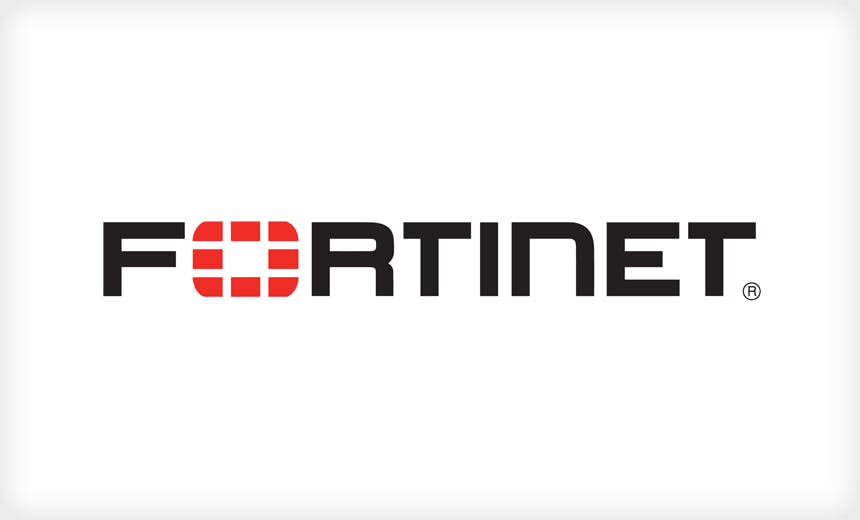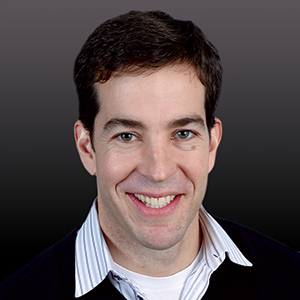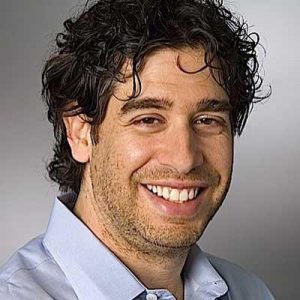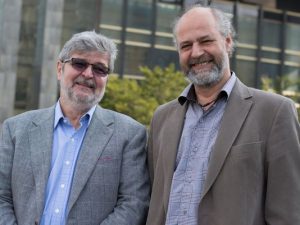Fortifying Your Networks: This Volleyball-loving 6’5 Entrepreneur Runs a $13 Billion Dollar Business
We all rely on the Internet for most of our things. Everything from our family photos to important work details is on the Internet. Therefore, we need to be sure that they are in safe hands. So, how do we make sure that our data is safe? Well, Cybersecurity software helps us with this by using a combination of measures such as firewalls, privacy protection, and anti-virus software. Thanks to high-profile data breaches, malicious hacks, and extortion scams, maintaining good Cyber-measures has become a priority for companies. This time, we will be taking a look at one of the most prominent Cybersecurity firms in the world. Here’s how Fortinet founder Ken Xie helps to make the world wide web a safer, better place!
About the Founders
Ken Xie did his electrical engineering from Stanford and started his first Cyber-security firm named SIS while in college. One of his early ventures was bought by Juniper for $4 billion, and two decades later, his company is worth $13 billion, exceeding that of Juniper! Meanwhile, Michael Xie, who serves as the firm’s president and CTO, did his electrical engineering from the University of Manitoba. Ken is also a gifted athlete, who wanted to be a professional volleyball player while growing up. He stands tall at six feet and five inches, but his parents who worked at the Tsinghua University in China didn’t agree with his career plan. Instead, they got him interested in engineering and Xie’s life transformed.
A Family Initiative
Brothers Michael and Ken Xie founded Fortinet in 2000, by launching their first firewall Fortigate. They then added new features such as wireless access points, messaging options and sandboxing in later years. Within three years, the company raised more than $90 million in funding. Fortinet went public in 2009, after raising over $156 million through its IPO. Fortinet released its Security Fabric system in 2016, and since then, the product has added several new features such as IoT and WAN.
Earlier Efforts
Before starting Fortinet, Ken Xie founded NetScreen, while Michael Xie was as an executive at ServeGate. The duo built Appligation Inc in 2000, later renamed to ApSecure the same year, which finally became Fortinet. The pair got the idea to name their company Fortnite through the phrase Fortified Networks. While trying to raise funds for Fortinet, Ken’s earlier effort, NetScreen got acquired by Juniper Networks for around $4 billion.
Early Years
Their first product came out only two years later, after stringent research and development. Between the years of 2000 and 2003, the company was able to raise over $13 million through private funding. By August of 2003, they brought in another $30 million, while they added an additional $50 million in 2004. In 2003, they launched their first channel program and began distribution in Canada the same year, via Westcon Canada. They expanded to the UK through Norwood Adam in 2004 through Norwood Adam. They also expanded to other countries and had set up other international offices in Europe, Asia, and North America by 2004.
Profits and Early Growth
The company turned cash positive in 2008 and acquired database security firm IPLocks the same year. All 28 employees of the company were extended job opportunities by Fortinite, as a very thoughtful gesture. A year later, they acquired the Ethernet-based company, Woven Systems. By the end of 2009, Fortnite commanded almost 15% of the total market, making them an industry stalwart. CRN Magazine also named them first in security hardware, a huge improvement from the seventh pace they got the year before.
IPO and Huge Success
The company sold 5.8 million shares and raised $52.4 million through its IPO in 2009. Another 6 million shares were sold by stockholders, leading to an increase in the share price from $9 to $12.50. By the end of that one single day, the company had raised over $156 million in financing. Fast forward two years, Fortinet was making $324 million a year, commanding the largest share in the market. In 2013, they launched monthly subscription options for customers with less capital. The company also acquired XDN, Coyote Point, Meru Networks and AccelOps between 2012 and 2016.
New Initiatives
They expanded to new ventures in 2014 by launching a technical certification named Network Security Expert. Two years later, the company found a way to fill Cybersecurity vacancies by launching the Network Security Academy. Through this program, the donated equipment and helped Universities train students for jobs. Furthermore, in 2016 they launched a program that encouraged military veterans to try their hand at Cyber-security, named FortiVet.
They expanded to new ventures in 2014 by launching a technical certification named Network Security Expert. Two years later, the company found a way to fill Cybersecurity vacancies by launching the Network Security Academy. Through this program, the donated equipment and helped Universities train students for jobs. Furthermore, in 2016 they launched a program that encouraged military veterans to try their hand at Cyber-security, named FortiVet.
Research Results
Research predicts that the Cyber-security market will grow 10 percent every year till 2023, and so things look good for this multi-million-dollar enterprise. Furthermore, Fortinet is growing at 20%, being valued at a staggering $13 billion in 2018. Their shares now stand around the $81 mark, which is six times more than their initial listing of $9.
Fortinet headquartered Sunnyvale, California is helping revolutionize the Cyber-security industry, and is now an industry giant. The company continues to grow at over 15%, raking in $416.7 million last year. With over 467 patents and another 291 pending, it is safe to say that the future looks safe and secure for Fortinet; much like how the Cyber-space is, thanks to them!

Being a cinephile with a love for all things outdoorsy, Athulya never misses a chance to chase inspiring stories or poke fun at things, even when the subject is herself. Currently pursuing a degree in mechanical engineering, she is someone innately interested in technical and scientific research. Music reviews and op-eds define her as they allow her to explore different perspectives. Though sometimes she thinks she makes more sense playing the guitar than she does while writing.






